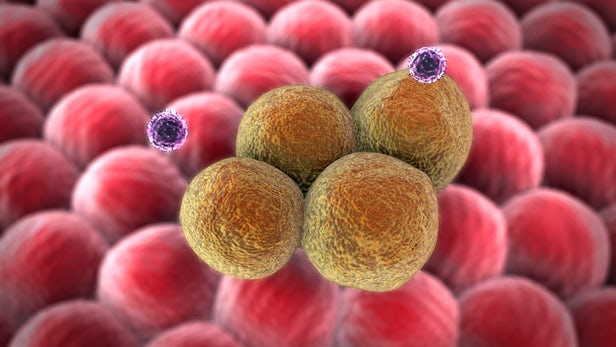
Breaking News
 Losing Chickens? Tools Needed for Trapping Poultry Predators
Losing Chickens? Tools Needed for Trapping Poultry Predators
 Metals Tell the Truth About the Economy
Metals Tell the Truth About the Economy
 RFK Jr. baffled over how Trump is alive with diet 'full of poison,'
RFK Jr. baffled over how Trump is alive with diet 'full of poison,'
 Dr. Peter McCullough Responds To Anthony Fauci Criminal Referral
Dr. Peter McCullough Responds To Anthony Fauci Criminal Referral
Top Tech News
 Superheat Unveils the H1: A Revolutionary Bitcoin-Mining Water Heater at CES 2026
Superheat Unveils the H1: A Revolutionary Bitcoin-Mining Water Heater at CES 2026
 World's most powerful hypergravity machine is 1,900X stronger than Earth
World's most powerful hypergravity machine is 1,900X stronger than Earth
 New battery idea gets lots of power out of unusual sulfur chemistry
New battery idea gets lots of power out of unusual sulfur chemistry
 Anti-Aging Drug Regrows Knee Cartilage in Major Breakthrough That Could End Knee Replacements
Anti-Aging Drug Regrows Knee Cartilage in Major Breakthrough That Could End Knee Replacements
 Scientists say recent advances in Quantum Entanglement...
Scientists say recent advances in Quantum Entanglement...
 Solid-State Batteries Are In 'Trailblazer' Mode. What's Holding Them Up?
Solid-State Batteries Are In 'Trailblazer' Mode. What's Holding Them Up?
 US Farmers Began Using Chemical Fertilizer After WW2. Comfrey Is a Natural Super Fertilizer
US Farmers Began Using Chemical Fertilizer After WW2. Comfrey Is a Natural Super Fertilizer
 Kawasaki's four-legged robot-horse vehicle is going into production
Kawasaki's four-legged robot-horse vehicle is going into production
 The First Production All-Solid-State Battery Is Here, And It Promises 5-Minute Charging
The First Production All-Solid-State Battery Is Here, And It Promises 5-Minute Charging
"Nano-factories" produce anti-cancer drugs from inside tumors

Like the horse of Troy, scientists at the Technion have developed a way to sneak synthetic cells right into tumor tissue, where they then begin producing cancer-fighting proteins from the inside. The technique was tested in both cell cultures and in mice, and found to be an effective treatment in both cases.
Cancer cells thrive thanks to some robust defense mechanisms, so finding ways to get past them is a key area of research. In the past, scientists have sent gold nanoparticles inside tumors by hitchhiking on white blood cells, before heating the gold with near-infrared light to kill the cancer from within. Others examined the possibility of administering a "prodrug" that remained inactive until it detected cancer markers, and then began producing drugs from inside the tumor.
The new work follows a similar function as the latter. The Technion scientists loaded molecular machines inside lipid-based particles that resemble biological cell membranes, creating what they call "nano-factories." Once they're activated by sensing the presence of abnormal cells, these particles kick into gear, producing specific therapeutic proteins and pulling the energy and building blocks they need from the tumor tissue around them.
"By coding the integrated DNA template, the particles we developed can produce a variety of protein medicines," says Avi Schroeder, one of the lead researchers on the study. "They are modular, meaning they allow for activation of protein production in accordance with the environmental conditions. Therefore, the artificial cells we've developed at the Technion may take an important part in the personalized medicine trend – adjustment of treatment to the genetic and medical profile of a specific patient."

 Storage doesn't get much cheaper than this
Storage doesn't get much cheaper than this

